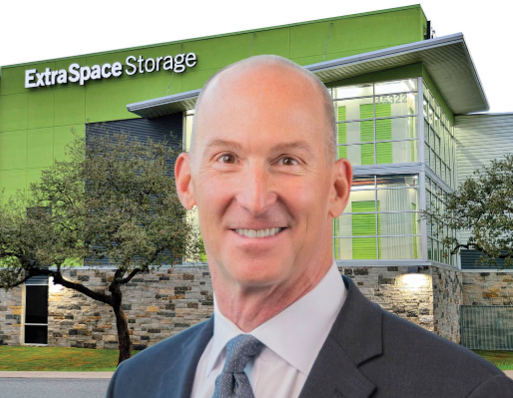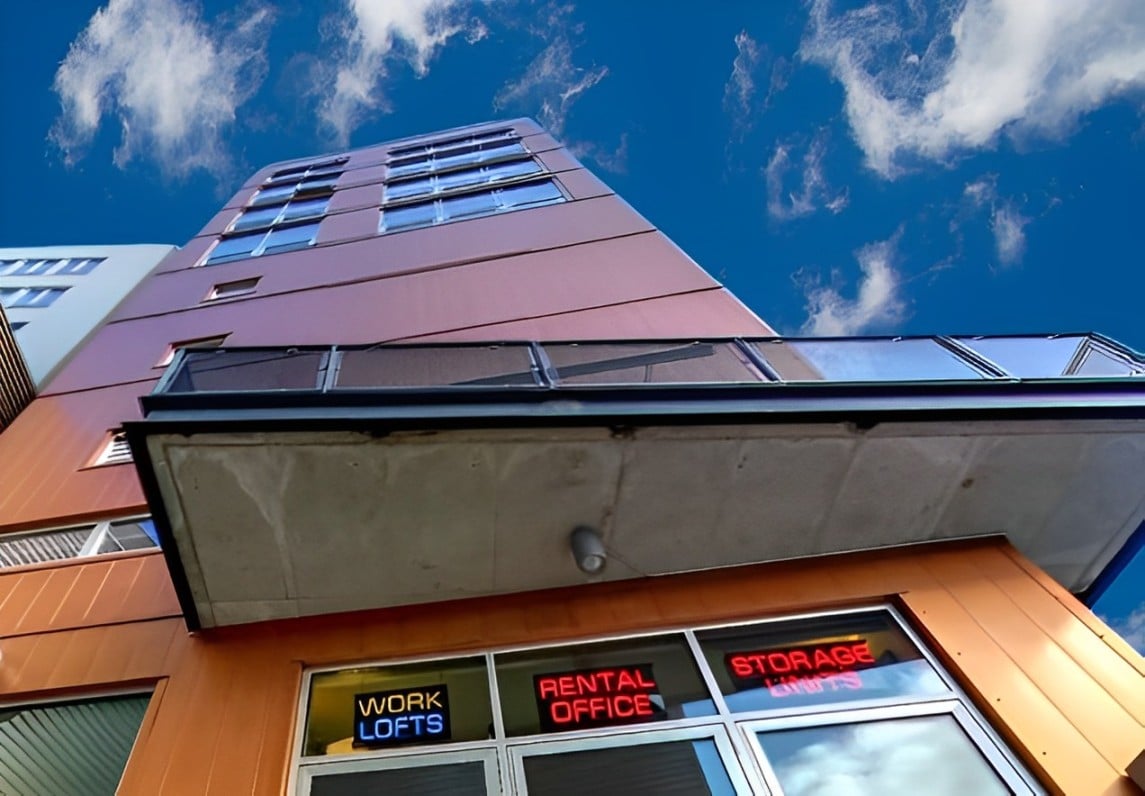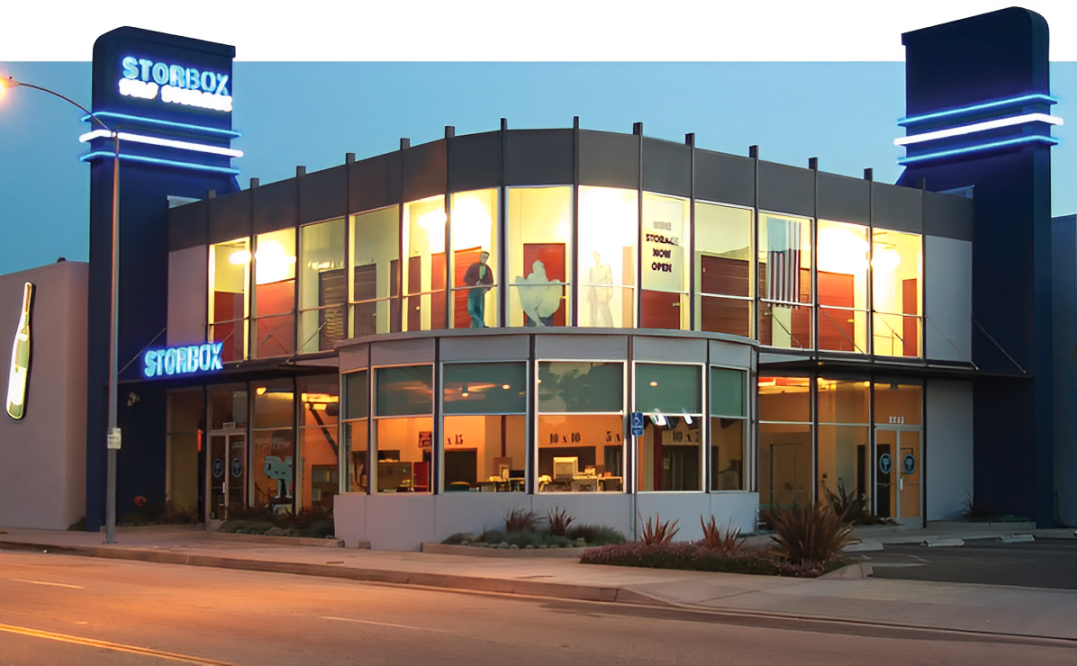Nashville, Tennessee: The Tune Of Music City
We have heard it, but I will say it again: Nashville is thriving. A diverse group wants their piece of Nashville, and it ranges beyond just singers and songwriters. While Nashville is most notably known as the center of the music industry, earning it the nickname Music City, the reality is the region’s economy is extremely diverse. From CEOs to college graduates, a net average of 71 people per day are relocating to the Nashville MSA, according to the Nashville Area Chamber of Commerce. This equates to a net migration of 159,449 individuals since 2010. So, what’s causing this rapid influx to Nashville?
Nashville’s success is undoubtedly attributed to a number of factors including the “recession-proof economy” the city touts, world-class healthcare, a diverse cultural scene, and a comparatively low cost of living to its peer cities. Corporations are attracted to the area because of a pro-business government, the lack of a state income tax, and the availability of an educated workforce. The local workforce has also experienced steady inflow and improvements as more and more highly educated people are moving to the region. This has resulted in Nashville consistently remaining at the top of most corporate relocation lists. Just last year, an impressive 30,000 jobs were added in the Nashville MSA, which is a growth rate that is approximately 50 percent faster than the national level.
High Notes
As a top 10 market for millennial growth, young professionals are flocking to the city, driving strong rental demand and fueling a cultural and entertainment scene that is nationally recognized. Nashville has the second strongest tech talent growth rate in North America. This statistic is according to CBRE Group, Inc.’s annual report, “Scoring Tech Talent”, which ranks 50 U.S. and Canadian markets according to their ability to attract and grow tech talent. As the home of digital entertainment and music applications, the Nashville market has increased its tech tenant labor pool by 67.9 percent over the past five years. All of these factors have resulted in Nashville becoming a “who’s who” of corporate headquarters. Companies such as HCA, Tractor Supply Company, Dollar General, Nissan North America, Cracker Barrel, Bridgestone, and the recent relocation of CKE Restaurants (Hardee’s) are just a few of the many companies that call Nashville home.
This amount of growth requires the commercial real estate market to keep pace. Nashville natives are referring to the construction crane as “the new state bird” and that doesn’t appear to be changing anytime soon. CBRE research found that currently there are more than 180 commercial developments under construction just in Nashville’s Davidson County. An astounding 3.6 million square feet of this is office space, with multiple brand-new downtown towers breaking ground just last year.
Of course, this spike in development is not limited to the office sector. For instance, in 2015 more than 3,500 new multifamily units were delivered to the MSA in order to accommodate the residents of the Music City. For this year, 9,405 units are scheduled to be delivered, with 4,245 of those located in the urban submarkets.
The Storage Song
The self-storage market is no exception to this advancement in demand and has directly benefited from the recent surge in Nashville’s economy and growth in the commercial real estate sectors. With the giant influx of people to the city, the demand for storage space has grown exponentially as well. However, the supply of self-storage facilities has not necessarily kept pace with the population growth. For instance, according to the 2016 Self-Storage Almanac, the Nashville MSA only offers 13.3 million square feet of self-storage space. With a local population exceeding 1.78 million, this equates to 7.49 square foot per capita. While this statistic alone seems to reflect a sufficient supply of self-storage in the trade area, it is important to note that the most rapidly growing submarkets of the region are experiencing the lowest vacancies and the highest achieved rental rates.
The central business district is a perfect example of a submarket that has been a hotbed of commercial and residential growth since the development of the Music City Center, however self-storage development has not kept pace. To further compound the shortage of units in the CBD, two of the four existing storage facilities were recently sold as future teardowns for residential developments. Consequently, the lack of accessibility and conveniently located self-storage facilities has led to a massive drive in demand and abnormally high rental rates. While REIS reports the average rate per square foot in the Nashville MSA is currently $0.93 for non-climate-controlled units and $1.39 for climate-controlled units, rental rates in underserved areas such as the Gulch are exceeding $1.60 for non-climate-controlled units and $2.25 for climate-controlled units.
Historically, storage facilities in the Nashville MSA rarely traded owners. This reluctance to sell has slightly diminished in recent years as sales prices have skyrocketed due to the influx of prospective buyers vying to place capital in Middle Tennessee. The buyers looking to acquire storage in Nashville range from REITS, private equity, pension and endowment funds as well as large operators and foreign capital. As evidence of the increased transactional activity, CBRE alone has sold 27 facilities in Middle Tennessee over the last 18 months. Sellers have witnessed cap rates compress from an average rate of seven percent to the current average cap rate being in the upper fives, with select transactions demanding high fours. This cap rate compression naturally caused the physical values to proportionally increase. Average sales price per square foot in Nashville have increased from $50 per square foot to $80 per square foot over the last few years, with the best positioned assets having values that exceeded $115 per square foot. Even with such aggressive pricing, assets that do hit the market are typically under contract within days. Additionally, there are strong indicators pointing to closing prices that will exceed $210 per square foot in 2017 for institutional quality assets in the higher barrier to entry submarkets of Nashville.
Development of storage facilities is at a furious pace due to the flood of capital chasing investments in Nashville coupled with the historic pricing levels that are being achieved when existing assets do trade hands. There are currently more than 30 self-storage projects at some stage of the development cycle in the Nashville MSA. Virtually every major submarket of Nashville has at least one new facility in the works. Historically and traditionally, local groups developed self-storage in Nashville; and within the last cycle, we’ve observed developers out of Charlotte, Dallas, Atlanta, Louisville, and Manhattan being drawn to Nashville’s appeal.
Gone are the days of building a single-story, drive-up facility. The new philosophy of “bigger is better” for Nashville storage development likely followed some of the Texas operators to Middle Tennessee. For instance, two different eight-story urban self-storage projects have been proposed in downtown Nashville. These would be the tallest self-storage buildings in the entire state of Tennessee and drastically change the pricing dynamic in the area by increasing accessibility to storage space and therefore helping to lower demand.
Overall, Nashville has quickly evolved from what many considered a tertiary market into a metro that virtually every capital source desires to invest in. The self-storage sector is no different. Capital can’t find enough facilities to acquire, and developers can’t build new locations quick enough to keep up with demand.
Ashley Compton is a first vice president and a senior member of CBRE’s Self Storage Advisory Group. Based in Nashville, he has closed over 185 self-storage transactions across 22 states and totaling over $625 Million in value. Mr. Compton has been named CBRE’s Top Self-Storage Producer in the Americas multiple times and has been awarded CBRE Nashville’s Top Producer Award five times.
More Content
Popular Posts
The self storage industry is in a precarious...
The REITs new pricing strategy – lowering...
With the approval of both companies’...
Recent Posts
Ramey Jackson is the CEO of Janus...
Imagine preparing to move and needing to...
Owning or managing a self-storage facility...
Helen Keller is quoted as saying, “Alone we...
It’s often been said that “opportunity is...
There’s a saying in Florida that there are...
The landscape of the self-storage industry...














